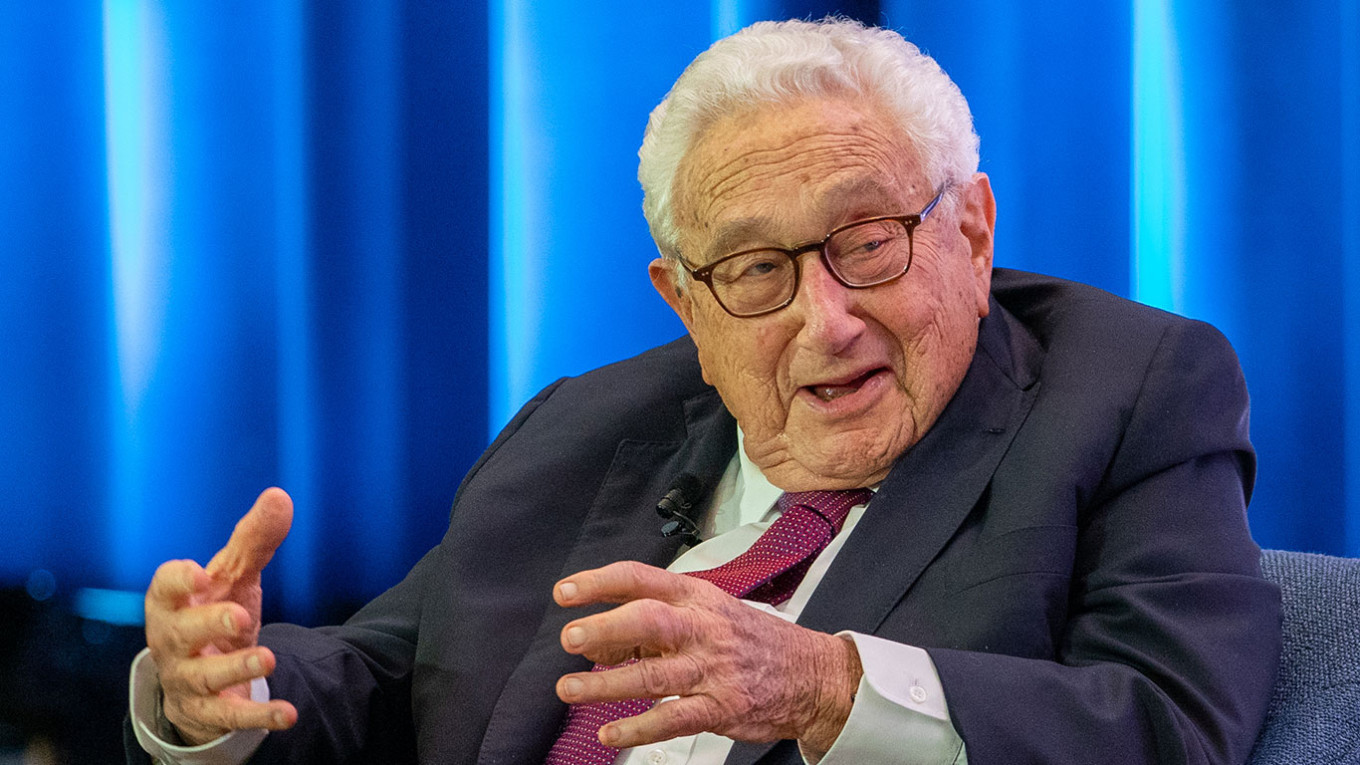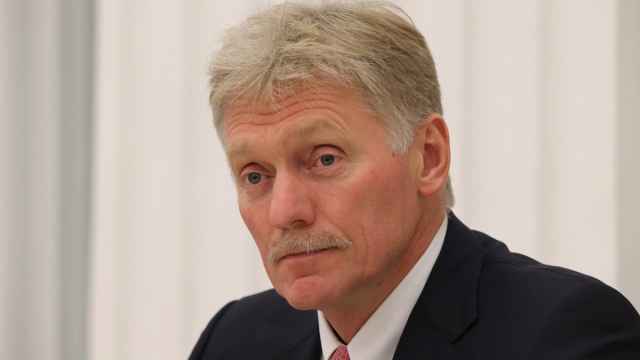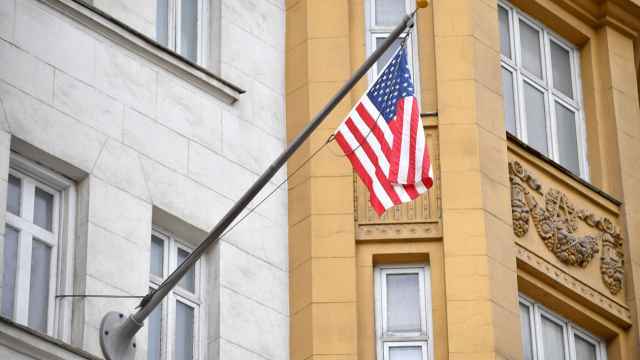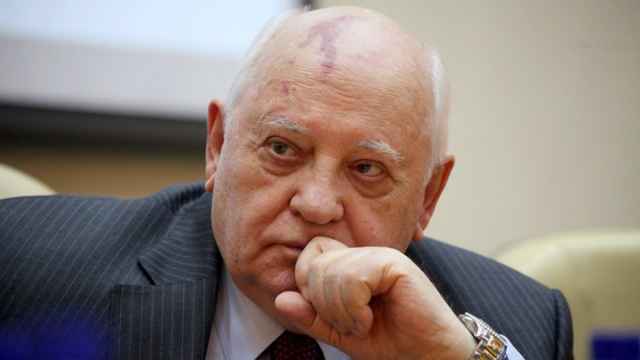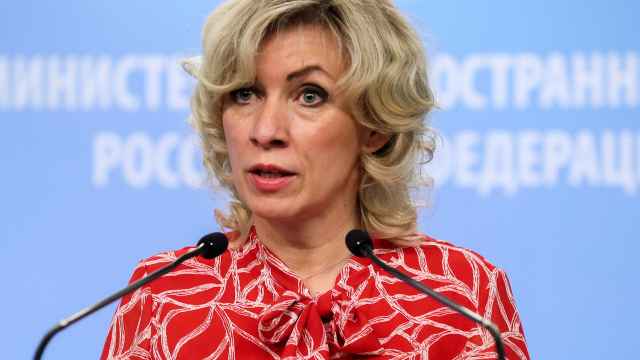Former U.S. Secretary of State Henry Kissinger died Thursday at the age of 100, his geopolitical consulting firm said. As the prime architect of Washington’s detente with the Soviet Union during the Cold War, Kissinger left an indelible mark not just on U.S. foreign policy, but also on Russia’s.
Before his death, Kissinger expressed deep concern about the growing confrontation between Russia and the United States amid the ongoing war in Ukraine. And yet he had become an increasingly vocal supporter of Ukraine joining NATO, warning that European leaders were “madly dangerous” to waver on Kyiv joining the U.S.-led military alliance.
In an interview with The Economist earlier this year, Kissinger said: “If I talked to Putin, I would tell him that he, too, is safer with Ukraine in NATO.”
At the same time, the former Secretary of State had been skeptical about the future of Russia-China relations amid Russia's isolation from the West, sensing mutual contempt in both Beijing and Moscow despite official declarations of a “no-limits” partnership between the two countries.
“I have never met a Russian leader who said anything good about China. And I’ve never met a Chinese leader who said anything good about Russia,” he said.
Despite Kissinger’s complex and changing views over the years, especially as they concerned Russia, officials in Moscow reacted to the news of his death with reverence and admiration. The Moscow Times has gathered some of those reactions:
President Vladimir Putin
The Russian leader described Kissinger as an “outstanding diplomat, a wise and far-sighted statesman” in an official statement published by the Kremlin on Thursday.
“For many decades [Kissinger] enjoyed a well-deserved reputation around the world,” Putin continued. “A pragmatic approach to foreign policy is inextricably linked with the name of Henry Kissinger, who at one time made it possible to achieve detente amid international tension, to forge the most important Soviet-American agreements that contributed to strengthening global security.”
Dmitry Medvedev
Russia’s former president took to X (formerly Twitter) to express his condolences over Kissinger’s death, choosing to write his message in English rather than in his native Russian.
Medvedev said the former U.S. Secretary of State had “faithfully served his country for many years,” describing him as “a pragmatist who took realities into consideration, and not just followed the U.S. foreign policy canons. Now, there aren't even traces of the people like him in the U.S. Administration and the Western world.”
Konstantin Kosachev
The chair of the upper-chamber Federation Council’s Foreign Affairs Committee wrote on the Telegram messaging app that Kissinger’s “name is associated with the establishment of diplomatic relations between the United States and China, arms control negotiations with the U.S.S.R., and the expansion of ties between Israel and its Arab neighbors.”
But, Kosachev continued, “there were many dark spots in [Kissinger’s] biography: involvement in the operation to overthrow the democratically elected President of Chile Salvador Allende, in the death of civilians in Cambodia, and much more.”
Still, he wrote, the former U.S. Secretary of State “will go down in history as an outstanding diplomat, firmly and skillfully defending the interests of his country, trying, even against the backdrop of the current madness and crushing of Western politicians, to revive diplomacy and dialogue.”
Boris Titov
Vladimir Putin’s business ombudsman and the head of the right-leaning Party of Growth said the news of Kissinger’s passing had created a “sudden vacuum” that cannot be filled with pithy sayings or platitudes.
“Kissinger became a symbol of the ability to engage in dialogue and compromise in the interest of achieving great common goals,” Titov wrote on Telegram. “The key lesson of Kissinger is that humanity is not doomed to endless political and military clashes. His understanding of leadership was based on the understanding of conflicts as a window for new opportunities. This is an approach that has helped and, possibly, will help in the future to direct a Russian understanding of values, American pragmatism and Eastern wisdom toward a common goal.”
A Message from The Moscow Times:
Dear readers,
We are facing unprecedented challenges. Russia's Prosecutor General's Office has designated The Moscow Times as an "undesirable" organization, criminalizing our work and putting our staff at risk of prosecution. This follows our earlier unjust labeling as a "foreign agent."
These actions are direct attempts to silence independent journalism in Russia. The authorities claim our work "discredits the decisions of the Russian leadership." We see things differently: we strive to provide accurate, unbiased reporting on Russia.
We, the journalists of The Moscow Times, refuse to be silenced. But to continue our work, we need your help.
Your support, no matter how small, makes a world of difference. If you can, please support us monthly starting from just $2. It's quick to set up, and every contribution makes a significant impact.
By supporting The Moscow Times, you're defending open, independent journalism in the face of repression. Thank you for standing with us.
Remind me later.


